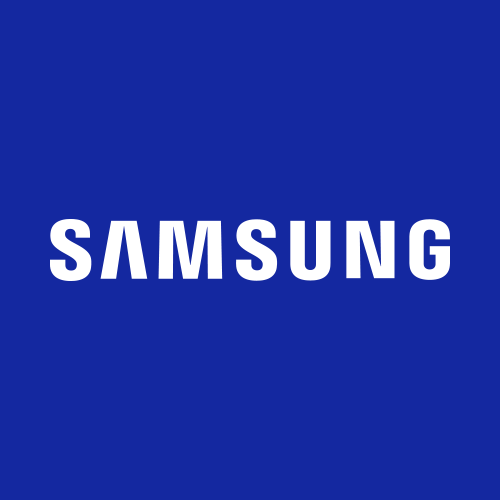Motherboard: ASRock H310M-G/M.2 (Intel PCH)
BIOS: P4.20 (type: UEFI)
SSD: Samsung NVME 980 500GB
I'm trying to get the NVME 980 EVO to be detected but it doesn't show up in Windows (there's no unallocated disk) and BIOS (M2_1 slot shows undetected)
I've followed a guide from Asrock Forum and tried Method 1 in this guide. There's no option to change SATA Mode (I'm assuming because there's no RAID support for this motherboard).
I also tried following the solution found here but I couldn't perform one of the step "Click on the secure boot option below and make sure it is set to another OS, not windows UEFI. " in my BIOS. My options under Secure Boot was only "Enable or Disable".
There are other guides that suggested to change Onboard Device Configuration>PCIE to M.2 mode but I'm not seeing those option in my BIOS.
Are there some other similar settings in BIOS that I could be doing? At this point I feel like my BIOS options are so limited that I need to find other alternatives.
BIOS: P4.20 (type: UEFI)
SSD: Samsung NVME 980 500GB
I'm trying to get the NVME 980 EVO to be detected but it doesn't show up in Windows (there's no unallocated disk) and BIOS (M2_1 slot shows undetected)
I've followed a guide from Asrock Forum and tried Method 1 in this guide. There's no option to change SATA Mode (I'm assuming because there's no RAID support for this motherboard).
I also tried following the solution found here but I couldn't perform one of the step "Click on the secure boot option below and make sure it is set to another OS, not windows UEFI. " in my BIOS. My options under Secure Boot was only "Enable or Disable".
There are other guides that suggested to change Onboard Device Configuration>PCIE to M.2 mode but I'm not seeing those option in my BIOS.
Are there some other similar settings in BIOS that I could be doing? At this point I feel like my BIOS options are so limited that I need to find other alternatives.



